Would A Hollywood Deal With Alibaba Be Cause For Alarm Or Elation?

It’s hard to imagine a Hollywood studio being controlled by a company from a communist country that’s hostile to free speech. But that’s very much on the minds of execs and dealmakers, many of whom say it’s just a matter of time before it happens. Those who believe it could be soon look directly at Chinese e-retail giant Alibaba — with some speculating that Sony Pictures, Paramount, MGM and Lionsgate could be targets.

“I like Hollywood innovation,” especially in digital, CEO and founder Jack Matold interviewer Charlie Rose today in an appearance at the World Economic Forum in Davos, Switzerland. In his core business “we have a lot of products that need logistics. Movies and TV are things that don’t need logistics.” He also wants to inspire Chinese youth to think more heroically.
That’s music to many studio execs. They’re looking for deep pocketed allies to help them through a period of fast technological change, high stock prices, and low interest rates — ingredients that usually lead to mega mergers. They want resources and scale to keep up as Comcast prepares to acquire Time Warner Cable, and Netflix becomes a global must-have streaming video provider.
Ma’s seen as a Capitalist who genuinely likes U.S. pop culture. Some would rather make a friendly deal with Ma than find themselves vulnerable to a hostile move by someone like Fox CEO Rupert Murdoch, who made a failed $80 billion bid for Time Warner last year.
Alibaba isn’t the only potential

Chinese partner. Late last year Dalian Wanda Chairman Wang Jianlin, who controls AMC Entertainment, said that he wants to buy Lionsgate or MGM. The real estate-oriented company is “shifting our group’s focus toward culture, entertainment and e-commerce,” he told Bloomberg. Wanda is under little pressure to buy, though, after committing $8 billion to build a studio in Qingdao. There’s also Shanghai’s Fosun International, which invested an estimated $200 million in Jeff Robinov’s Studio 8.
People who know Alibaba well say that Ma’s in less of a hurry to move than he seemed to be in October when he met with execs from Sony, Disney, Universal, Fox, Warner Bros., Paramount, and Lionsgate. He appreciates that a deal could send tremors through the entertainment community. Would he side with those who believe in free expression, or with the Chinese censorship laws that empower the government to vet scripts before they’re produced? A deal might incur the wrath of federal regulators, worried about a threat to U.S. control over one of the nation’s most important export businesses.
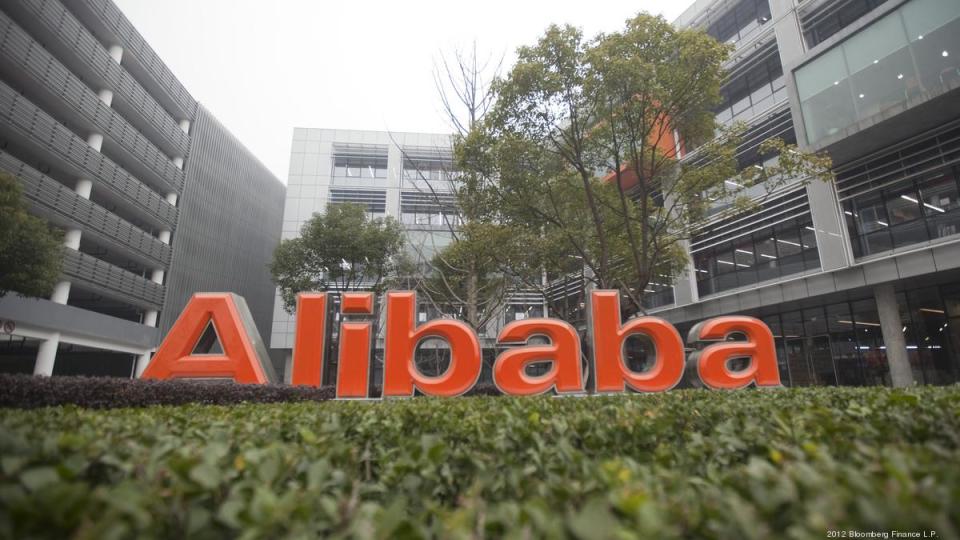
Alibaba’s own investors also would question a Hollywood deal; Wall Street considers the business too risky and unprofitable. Alibaba, with its tiny infrastructure in the U.S., risks biting off more than it can chew. Its shares are down 12.8% since early November, a period when the overall market has been mostly flat.
But Ma also plays a long game, and his company has hired someone to investigate the business in Hollywood. It has more than enough cash to make a big deal following its record-setting $25 billion IPO in September. And Alibaba is committed to entertainment. It controls Hong Kong based Alibaba Pictures after paying $804 million last March for 60% of what was then called ChinaVision Media Group. The operation just greenlit its first movie since the acquisition. (Hong Kong’s Wong Kar Wai will produce Bai Du Ren.) Last year Alibaba also teamed with Lionsgate to launch a streaming service in China.
Alibaba and other Chinese companies are

eager to capitalize on the boom in movie attendance there. With an average of 15 screens opening every day, box office sales increased 36% in 2014 to $4.8 billion, the State Administration of Press, Publication, Radio, Film and Television reported. China’s on pace to surpass the U.S. as the world’s largest market by about 2020. There’s also a huge business opportunity for a Chinese movie producer who can offer that market Hollywood star power. Only 34 non-Chinese films can be released there each year, per a government quota.

One of the most intriguing ideas floating around is that Alibaba might want Sony Pictures, still licking its wounds from the cyberattack that the U.S. government says was made by North Korea. A deal is plausible, one industry source says. “If you’re Sony Corp, you’ve probably made $200 million on the film business for each of the last 10 years. So if someone gives you $5 billion…” Alibaba also likely wouldn’t face tough U.S. scrutiny if it bought a studio already owned by a Japanese company.
A deal would instantly establish Alibaba as a world class player. Sony has more than 3,500 films in its library, with franchises including James Bond, Spider-Man, Men In Black, and The Karate Kid. It also has a thriving TV business with evergreens such as Jeopardy and Wheel Of Fortune, and global TV channels including GSN, Sony Entertainment Television, and AXN.
But it would be a stunning about-face for Sony to sell. A little more than a year ago, CEO Kazuo Hirai called entertainment “a core part of Sony” that is “crucial to our future growth” as he rejected a proposal by hedge fund manager Daniel Loeb to sell a minority state in the movie, TV, and music operations. “Potential buyers get turned down a lot” by Sony, says one industry vet.
It also would be a shocker if Viacom Chairman Sumner Redstone, 91,
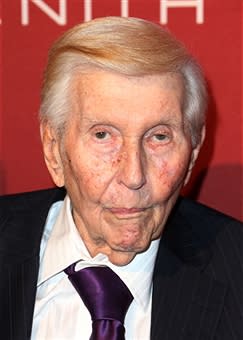
agreed to unload Paramount. It’s said to be his favorite asset. He also has made it clear that when he leaves the stage he wants his estate to be able to keep control of Viacom and CBS, where he also has most of the voting shares.
Here’s what keeps deal speculation alive: Many believe that Redstone or his heirs will have to sell something in order to cover the estate taxes. Redstone watchers were stunned in 2008 when — as the economy and stock market cratered — he had to sell $400 million of Viacom and CBS nonvoting shares to meet the cash requirements of his debt covenants. Few realized that the empire he runs through his National Amusements was so stretched. Financial types suspect that similar concerns were behind the mogul’s decision last year to sell hundreds of millions in options in the two media giants.
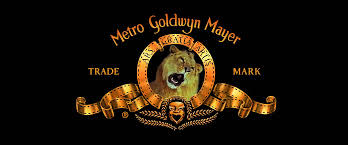
MGM’s seen as a more appropriate potential target for Alibaba. It’s owned by private investment groups, including several that are eager to cash out. And although MGM is more a financing vehicle than a traditional studio, the Chinese probably consider the logo and brand to be “pretty important and feel there are things they could do” with them, one source says. It also comes with a library of about 4,000 films, many of which — including Rocky, Robocop, The Hobbit (with Warner Bros.), and James Bond (with Sony) — appeal to fanboys.
The problem is that many of the titles are old, and probably not commercial in China where audiences love 3D and large-screen experiences. There’s also a question of whether Alibaba — if it’s interested — would make room for CEO Gary Barber and his plans to build MGM’s presence in movies, TV, and digital platforms.
No list of potential targets would be
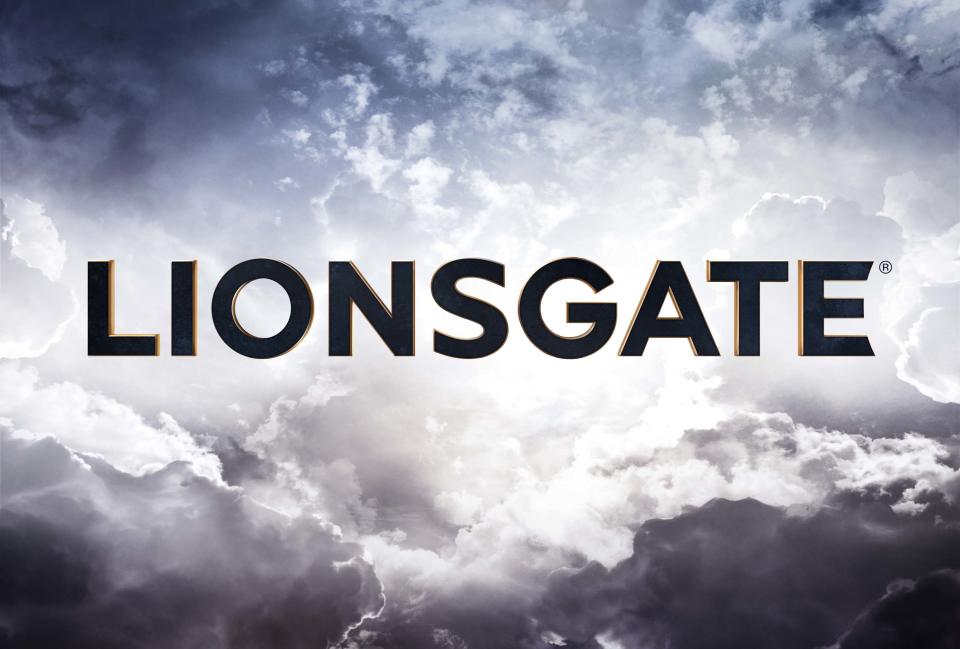
complete without Lionsgate — one of the few pure-play, publicly traded independent studios. It already has a relationship with Alibaba via Lionsgate Entertainment World, the Chinese streaming venture the two companies launched last year. Ma was rumored last year to be interested in Lionsgate Chairman Mark Rachesky’s 37.4% stake in the independent studio.
But Rachesky, a private equity investor, knows the adage about buying low and selling high. And Lionsgate has lost some of its luster since early December; shares have lost about 20% of their value since then. It’s also not clear what Alibaba would achieve from buying a minority stake in a studio that it couldn’t get more easily by negotiating an output deal.
There’s always DreamWorks Animation, which has been eager to find a partner. But talks with Japan’s Softbank and Hasbro collapsed. And it’s hard to see how anyone would offer a price that CEO Jeffrey Katzenberg might accept after he slashed its movie production aspirations following write-downs for four movies including Penguins Of Madagascar and Mr. Peabody And Sherman.
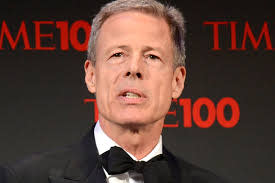
If you’re looking for a real long shot, there’s Time Warner. CEO Jeff Bewkes could look like a hero to his shareholders if someone offered him far more than the $80 billion he rejected last year from Murdoch. But he also has gone to great lengths to persuade Wall Street that the company will make a ton of cash by harnessing Warner Bros’ production capabilities for HBO and Turner Broadcasting networks. What’s more, lawmakers would climb over each other to hold hearings if they thought that a Chinese company might control CNN.
Nancy Tartaglione and Ali Jaafar contributed to this report.
Related stories
Alibaba Pictures Teams With Wong Kar Wai And Tony Leung For First Film
The China-Hollywood Poker Play: Is There A Sucker At This Table?
Get more from Deadline.com: Follow us on Twitter, Facebook, Newsletter


